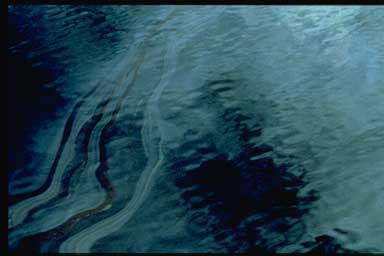Oil spills that release harmful petroleum hydrocarbons into the marine
environment can be cleaned up in several ways. These include sponge-like
sorbents that absorb oil, dispersants that chemically break down oil,
and microorganisms that biologically degrade oil by consuming it as an
energy source.
The latter process is known as biodegradation or bioremediation. The
EU-funded 'Integrated biotechnological solutions for combating marine
oil spills' (
KILL.SPILL) project aims to find such viable solutions to oil spills using both established and novel methods.
While dispersing or collecting/skimming the oil is the first
response following an oil spill, KILL.SPILL products are intended for
longer-term actions across a range of conditions. Researchers have thus
far advanced novel hydrocarbon-detecting biosensors that monitor the
efficiency of oil-degrading bacterial communities, and development of
bioremediation agents (biosurfacants for bio-based dispersants,
microbial–chemical combinations for integrated bioremediation agents).
They have also isolated bacterial strains from marine, terrestrial
and industrial environments to study their oil-degrading capabilities.
Systems in development include bacteria adapted to the high pressures of
deep-sea environment (in high pressure bioreactors), oil-degrading
microorganisms with high tolerance to environmental stresses, and
microbes that degrade oil in ocean floor sediments under anaerobic or
aerobic conditions.
KILL.SPILL's versatile range of tools will cover gaps in current
approaches to cleaning up oil spill disasters, with applications for
first response, follow-up and monitoring. Further work will involve
assessing the toxicity and impact of the products on the environment,
and validating their efficiencies in a real oil spill scenario.
